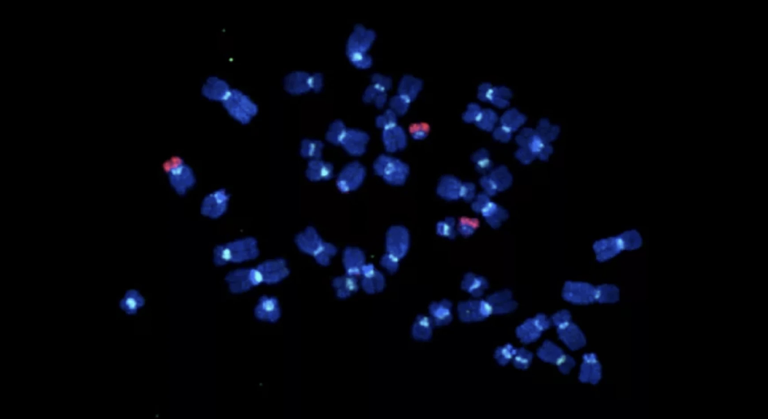Research
Research

The Gerton lab fosters an interdisciplinary team environment where acquiring and sharing knowledge is highly valued. We use genetic, genomic, evolutionary, molecular, and cell biological approaches to explore chromosome function. Our studies span multiple research organisms, including yeast, zebrafish, mice, humans, and nonhuman primates. Our research has broad implications, contributing insights into developmental syndromes, infertility, cancer, and reproductive aging.
How genetics research may transform cancer care
Investigator Jennifer Gerton, PhD appeared on KU Cancer Center’s #BenchToBedside to explain how scientists and cancer survivors are working together to decipher DNA and build the foundation for future cancer therapies.
How Kansas City scientists are helping to expand our understanding of human genetics

20 years after scientists finished the sequencing of the first human genome, scientists around the world — including from the Stowers Institute in Kansas City — have taken another monumental step.
#StowersImpact
Learn more about the impact of our research related to women's reproductive aging.
Learn more about the impact of our research related to cancer.
#BioBasics What is a chromosome?
What is a chromosome? Postdoc Ayantika Sen Gupta, PhD, from the Gerton Lab explains in this episode of #BioBasics.